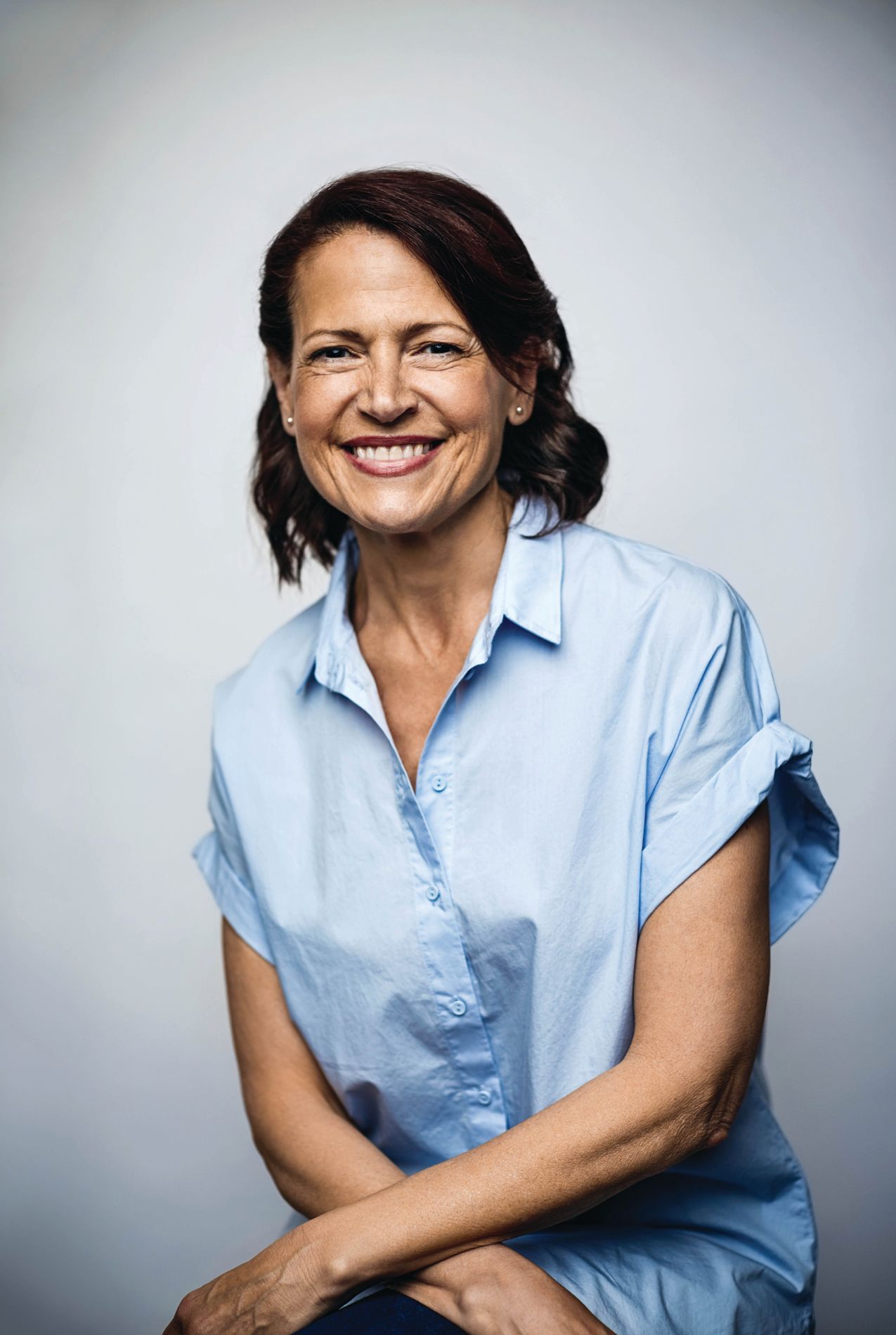Menopause and Breast Cancer Risk
Menopause occurs when a woman’s reproductive cycle ends, and she can no longer produce offspring. For many women, menopause occurs around age 50.
While menopause itself is not a risk factor for breast or other cancers, it’s important to know that some symptom treatments and other factors can increase the risk for cancer among menopausal women. Women going through perimenopause and menopause can experience various symptoms, ranging from hair loss to food cravings, hot flashes, and vaginal dryness. The National Institutes of Health indicates some women undergo hormone replacement therapy (HRT) to help relieve menopausal symptoms such as hot flashes and osteoporosis to replace estrogen and progestin, which diminish in a woman’s body during menopause. However, NIH’s Women’s Health Initiative Study has found that women undergoing HRT have a higher risk of breast cancer, among other conditions.
According to WebMD, the longer a woman is exposed to female hormones, whether those made by her body or taken as a drug, the more likely she is to develop breast and other cancers. Females who began menstruating before age 12 or entered menopause after age 55 will have had many ovulations, increasing the risk of uterine, breast, endometrial, and ovarian cancers, according to the American Society of Clinical Oncology. Gaining weight after menopause can also increase a woman’s risk of breast cancer. Therefore, maintaining a healthy weight or even losing a little weight can be beneficial.
Women who enter menopause are not necessarily at a higher risk for breast cancer, but some factors tied to menopause can play a role. Females who want to lower their risk for various cancers are urged to eat healthy diets, quit smoking, and maintain healthy body weights.












